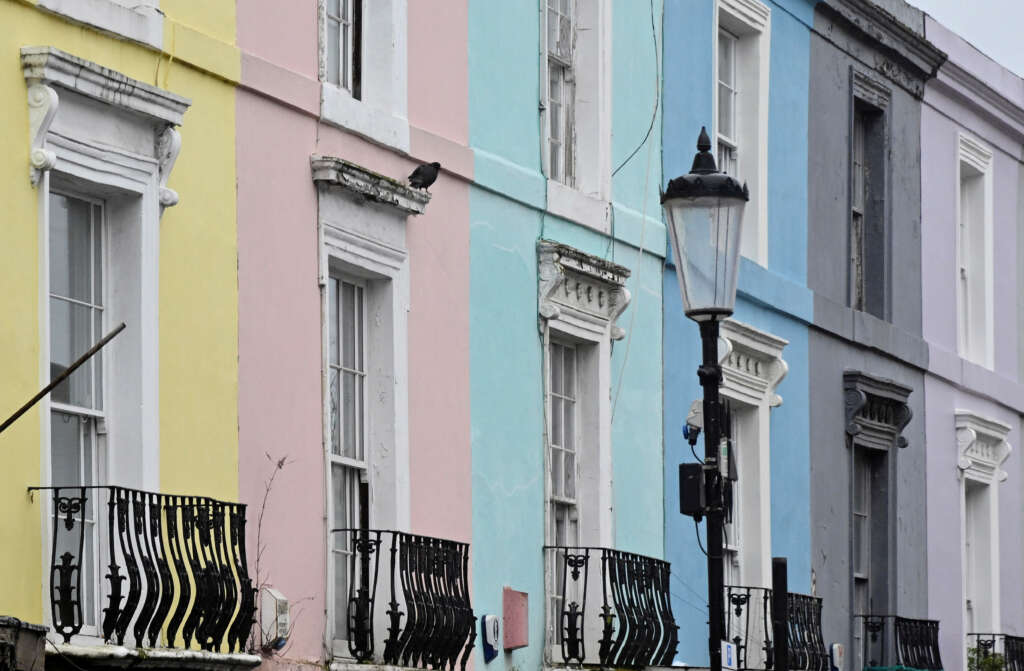
LONDON (Reuters) – British house prices rose for a third month in a row in March, representing a further calming of the market after the turmoil sparked by former Prime Minister Liz Truss’s “mini-budget” last September, data from mortgage lender Halifax showed.
House prices rose by 0.8% in month-on-month terms, Halifax said on Thursday, the second-strongest gain since June last year after February’s 1.2% increase.
A Reuters poll of economists had pointed to a 0.3% drop on the month.
House prices were 1.6% higher than a year ago.
Halifax said the latest figures suggested relative stability in the housing market at the start of 2023 after Truss’s unfunded – and short-lived – tax cut plans caused borrowing rates to surge in the autumn.
Since then, the Bank of England has extended its run of interest rate hikes although there are signs that it is coming close to reaching a peak for Bank Rate.
“While the path for interest rates is uncertain, mortgage costs are unlikely to get significantly cheaper in the short-term and the performance of the housing market will continue to reflect these new norms of higher borrowing costs and lower demand,” Kim Kinnaird, a director at Halifax Mortgages, said.
“Therefore, we still expect to see a continued slowdown through this year.”
The figures from Halifax contrasted with those of rival lender Nationwide which said last week that its measure of house prices dropped by 0.8% in March from February, and were down by the most in annual terms since 2009, falling by 3.1%.
But other indicators, such as the BoE’s mortgage approvals data and a measure of asking prices compiled by property company Rightmove, have suggested the market has become more stable in recent months.
(Reporting by William Schomberg; Editing by Kate Holton)


